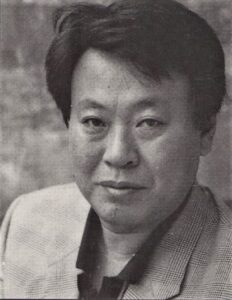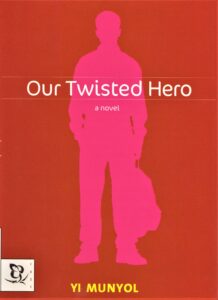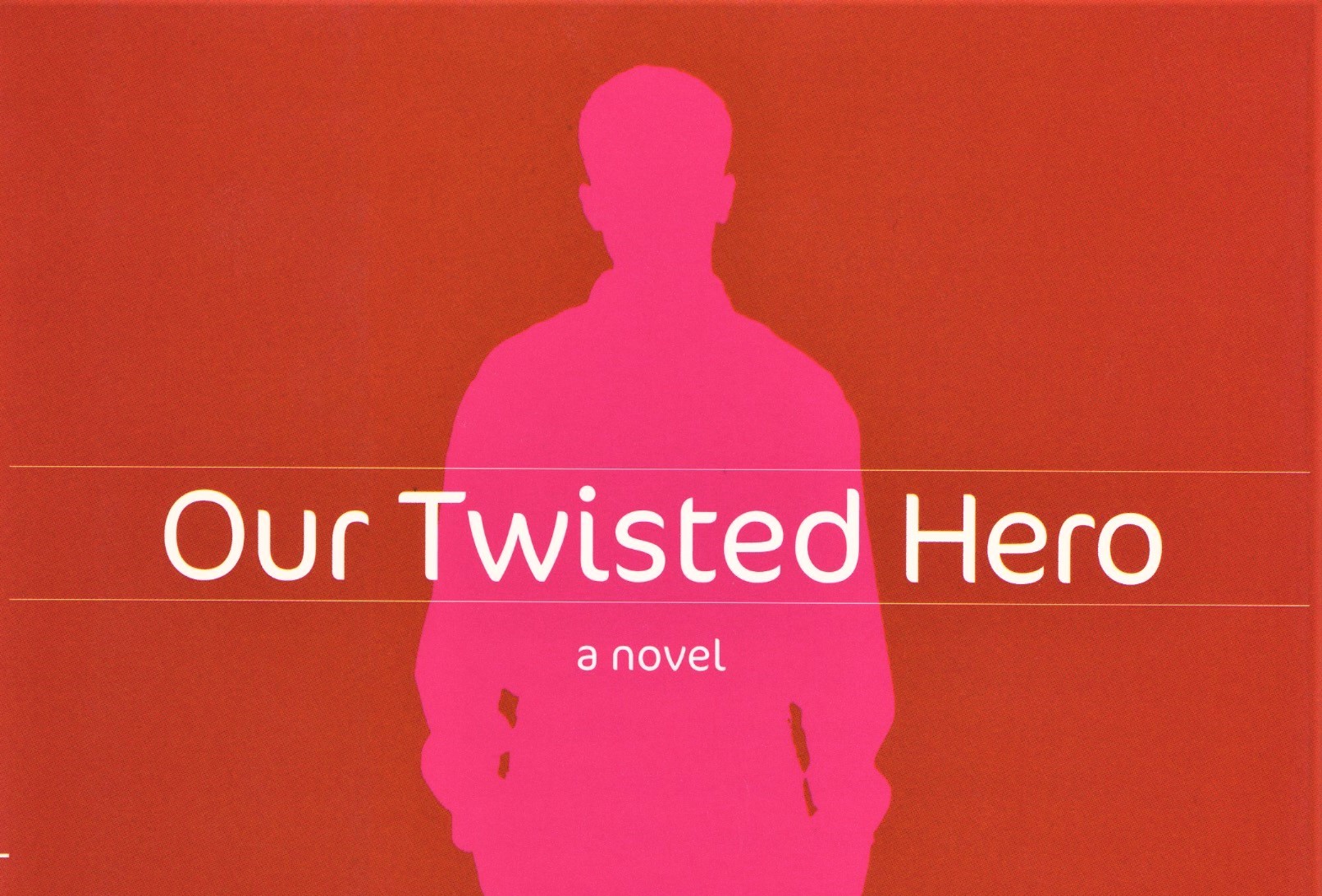Fr Cyril Lovett believes a book on bullying by Korean writer Yi Munyol, which was translated by Columban Fr Kevin O’Rourke, should be on the school curriculum.
Columban Fr Kevin O’Rourke died in Korea on 23 October 2020 after a prolonged illness. He had spent more than fifty years as a Columban missionary and was recognised as an expert teacher, writer and translator of Chinese and Korean literature.
He gained many awards including the Korean National Prize and honorary citizenship. NUI Maynooth conferred him with an honorary PhD in recognition of his services to Korean and English Literature through his many translations.
One of his translations, published in New York was of the novel Our Twisted Hero by Yi Munyol (Hyperion East, NY, 2001). Yi Munyol is one of Korea’s most acclaimed writers and has published numerous novels. Our Twisted Hero was the first of his books to be published in the United States.
Kevin’s decision to translate this particular novel about bullying in primary and secondary school was an effort to underline the damage caused in so many cultures by this very destructive phenomenon.
When the twelve-year-old narrator of Our Twisted Hero moves from the capitol Seoul to a small provincial town and enrols in the local school, he is confident that his big-city sophistication will establish him as a natural leader. But he immediately falls victim to a charismatic and corrupt class monitor who uses fear and violence to keep other students under his spell and to assure his supremacy in the school’s social hierarchy.
 The teacher, grateful to have such a well-behaved class, turns a blind eye to the monitor’s abuse of power. As the narrator attempts first to seek justice and then to inspire his fellow students to revolt, he finds himself in a fierce battle not just for his rights, but for his soul.
The teacher, grateful to have such a well-behaved class, turns a blind eye to the monitor’s abuse of power. As the narrator attempts first to seek justice and then to inspire his fellow students to revolt, he finds himself in a fierce battle not just for his rights, but for his soul.
This riveting allegory, in the tradition of Lord of the Flies (by William Golding), starts as a simple power play within the children’s classroom, but turns into a chilling tale about the lust for power and the desperate need for acceptance that resides within us all.
Many of us will have memories of bullies who made life miserable for students who were physically or psychologically weaker with appalling consequences for latter’s mental health and development. The novel notes correctly that teachers, who must be alert for bullying and its awful consequence, can and must intervene to stop this abuse at an early stage.
This novel was set and written in the pre-computer and smart-phone era. We are all much more conscious today of what is known as cyberbullying, i.e. a form of bullying or harassment using electronic means. Cyberbullying and cyber-harassment are also known as online bullying. It has become increasingly common, especially among teenagers, as the digital sphere has expanded and technology has advanced.
 Cyberbullying is even worse than physical or psychological bullying because it is almost always conducted anonymously. It is now recognised as one of the chief causes of depression, self-harm and even suicide among adolescents.
Cyberbullying is even worse than physical or psychological bullying because it is almost always conducted anonymously. It is now recognised as one of the chief causes of depression, self-harm and even suicide among adolescents.
Multiple abusive texts appearing on the most popular platforms do untold damage to young people who are striving to establish their personalities and are often so dependent on the good opinion of their contemporaries.
As so many are caught up in social networks, misuse of this access is all too easy, and one false derogatory rumour can destroy a young person’s life. Parents have a role to play in educating their children about the advantages and pitfalls of ‘smart phones’. Teachers have an even more important role. Open discussions in class about the abuses of social media are crucial. There are any number of sad stories on the internet that can be used to spark such discussions.
One would hope that a text like Our Twisted Hero, or its equivalent on cyberbullying, is already part of the prescribed texts for the Junior and Leaving Certificate. It needs to be.

